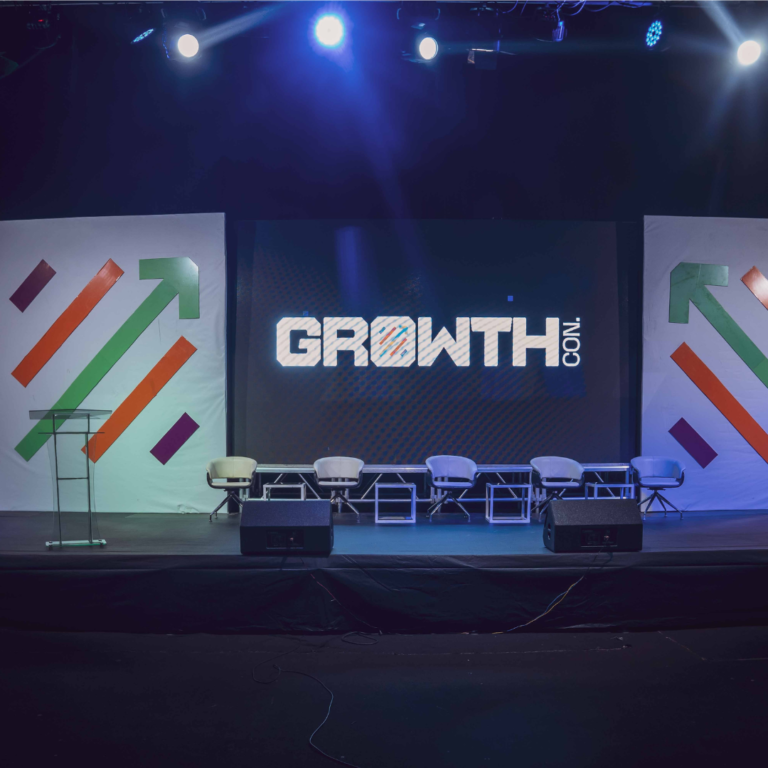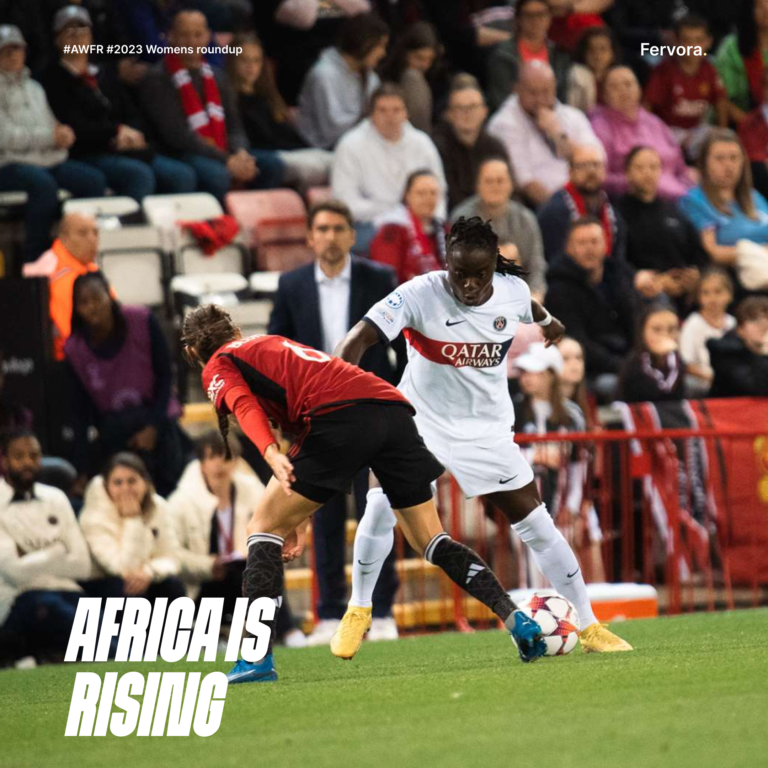
We are writing to correct the recent misleading reports in Bloomberg and other media outlets concerning the reported FGN settlement payment of US$496 million to Global. We are disappointed that the media outlets such as Bloomberg did not deem it necessary to contact us before running the story. This is unprofessional and it has led to a misleading narrative.
Any investor who signs multiple long-term contracts does so to make profit. If those contracts are wilfully terminated the investor will be compensated for the loss of profit. In our case, we were not so compensated. Instead, the FGN merely returned our sunk costs in respect of one of our multiple contracts. What we do with our returned sunk costs is entirely our own business.
Sunk Costs in just one contract between 2004-2007
The FGN-Global contracts were:
- Ajaokuta Steel Company Limited (ASCL) for a concession agreement.
- National Iron Ore and Mining Company Limited (NIOMCO) for a concession agreement to supply iron ore.
- Delta Steel – a share purchase agreement.
- Concession of central rail line (connecting NIOMCO, ASCL, Warri port).
- A share purchase agreement in respect of Ajaokuta Steel Company Ltd.
Between 2004 and 2008, GINL employed 6000 plus direct workers and 2000 plus indirect workers and operated two steel plants produced and even exported to neighbouring countries. Our products were made to an internationally accepted BS444 standard and was even awarded a GOLD standard product certification by Standard Organisation of Nigeria (SON). All this required expenditure. Consider just one of our contracts, for instance. In respect of just one of the multiple contracts (the Ajaokuta steel company concession) the FGN itself
So impressed was the FGN, that in May 2007, the FGN was prepared to sell the shares of Ajaokuta Steel to Global. The price was $525m – setting off our $200m investment – so that Global was to pay $325 million. We signed a share purchase agreement in May 2007 to this effect recording our $200m investment.
Cancellation of contracts solely because of a change in administration
Surprisingly, only months later in April 2008, the administration of H.E President Umaru Musa Yaradua revoked all the agreements with Global. At a stroke, all our investments between 2004 – 2007 were cancelled.
Legal advice was to the effect that we had a claim running into billions of US dollars. Accordingly, we started arbitration in 2008.
The FGN subsequently reached out to us and encouraged us to settle the claim on the basis that a framework settlement agreement would be concluded. As part of this framework, we were to give up our rights to damages on the basis that the government would ensure that other components of the framework were in place such as the rail and Warri port. This was signed in May 2013. But once again the FGN failed to implement this agreement for seven years. So that by 2020 we had no option but to go back to arbitration. Again, the government reached out to us asking us to consider settling the claim by means of a total buyout as opposed to the framework settlement. We agreed to this so long as it was via the transparent mediation process of the ICC.
Buyout Settlement (2020-22) under the ICC ADR
ICC appointed the mediator Mr Phillip Howell – Richardson. Our legal representatives Kings and Spalding LLP submitted its proposal for a complete buyout of ASCL and NIOMCO rights, with a claim of USD $7.511 bn with a 30% applied discount so that the buyout was to be for USD $ 5.258bn.
The FGN was advised by its legal and financial experts (PwC) and it succeeded over a long period in forcing the settlement at $496m. The FGN obviously capitalised on our financial predicament and bankruptcy challenges by forcing us to effectively waive our claim for damages and consequential losses. PwC had advised the government to settle our $5.2 billion claim for $901m – a figure we were not prepared to accept. Yet, the government clearly capitalising on our financial predicament effectively denied us compensation for loss of profit in our multiple long-term contracts so that only the $200m (with interest from 2004- 2022) that it had receipted in the 2007 SPA as our investment in one project (Ajaokuta Steel) was to be repaid to settle all our claims. This is how the FGN, in effect, “forced” $496m on us by returning our 2004-2007 sunk cost in Ajaokuta ($200m plus interest) in just one contract. With this, we were deprived of our loss of profit claims in respect of our multiple contracts and our claims against the FGN in respect of the losses to our investment in Delta Steel.
No Business Invests to receive its sunk costs – businesses invest for profit
We did not – and no one does – enter multiple long-term contracts expecting to receive a refund of our $200m sunk costs spent in one project between 2004-2007 – even with interest. We entered contracts to make profit. It was our dire financial circumstance that forced us to settle our claims by a return of our sunk costs.
Strangely, Bloomberg quibbles with how we chose to spend our $496m – a restitution of our own money – when the real story should be how come the FGN succeeded in getting away Scot-free after our shabby treatment. Nigeria will not obtain foreign investment if it treats its investors the way it treated us between 2004 to 2022. The Bloomberg story is an example of unprofessional sensational reporting.




